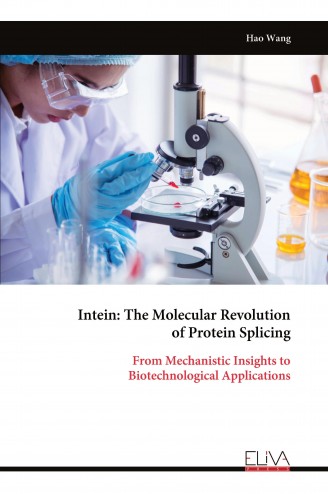Descripción
This groundbreaking work unveils a paradigm-shifting platform for in situ protein assembly and precision purification, merging split intein engineering with microbial consortia design. Pioneering a "one-pot" biosynthesis strategy, the book details how engineered Escherichia coli equipped with the ePop autolysis system synchronously releases intein-tagged protein fragments, while Pichia pastoris secretes complementary domains via optimized eukaryotic secretion pathways. By integrating quorum-sensing controls and split intein-mediated trans-splicing, this system achieves extracellular protein reconstitution directly in culture, bypassing costly in vitro purification steps . The platform’s modularity enables logic-gated synthesis of multi-domain proteins, exemplified by its applications in antibiotic resistance engineering and context-responsive biomaterials. Central to this innovation is the rational engineering of the Mycobacterium xenopi GyrA intein. Through targeted mutagenesis (Cys1Ala, Ser179Gly, His197Gln), we developed a pH/calcium-responsive self-cleaving tag that releases bioactive human basic fibroblast growth factor (bFGF) with >85% efficiency. The Ser179Gly mutant exhibits rapid C-terminal cleavage under alkaline conditions (50 mM Tris-HCl, pH 8.5), while the Cys1Ala/His197Gln double mutant boosts precursor yield 3.2-fold—a breakthrough for high-titer production. A novel 3-step purification cascade (cation exchange → heparin affinity → gel filtration) recovers 85% of bioactive bFGF from lysates, validated by LC-MS/MS and MTT assays. Parallel protocols for human epidermal growth factor (hEGF) and growth hormone (hGH) demonstrate platform versatility.

